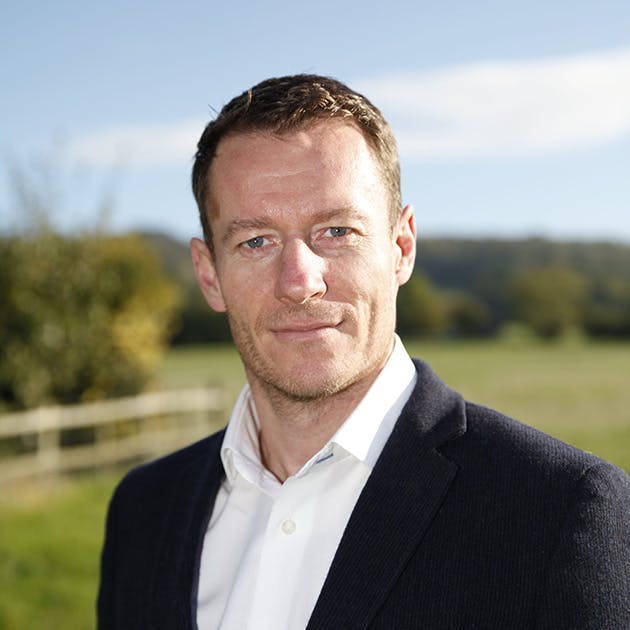Acadian Open Academy
What is Acadian Open Academy?
Acadian Open Academy is a scientific advisory board of third-party experts that validate, enhance and contribute to generating breakthroughs in scientific understanding and accelerate the discovery of new and novel solutions for agriculture.

Why did APH launch Acadian Open Academy?
The Acadian Open Academy was created in 2020 to bring together the brightest minds in the scientific community to further advance our understanding of biostimulants and how they can contribute to the agricultural challenges of today. Our collaboration with research institutions and scientists both enables and challenges us to make our products actionable and accountable. This is vital to advancing modern agriculture, and the biostimulant industry, to create paradigm-shifting advances that change the world for the better.
“By leveraging a diverse set of expertise, we are able to tackle the greatest challenges in agriculture. We are invested in transforming modern agriculture and pursuing breakthroughs that could disrupt current models. We believe we can benefit both plant and planet by seeking technology, science, and collaboration.”
James Maude
SVP, Portfolio Development Group

Latest Research
Acadian has over 30 years of research focused on understanding the different biological processes that our seaweed extracts have on crops, with more than 80 peer-reviewed published papers. As we continue to support the future of agriculture, our current research focuses on the following areas.
